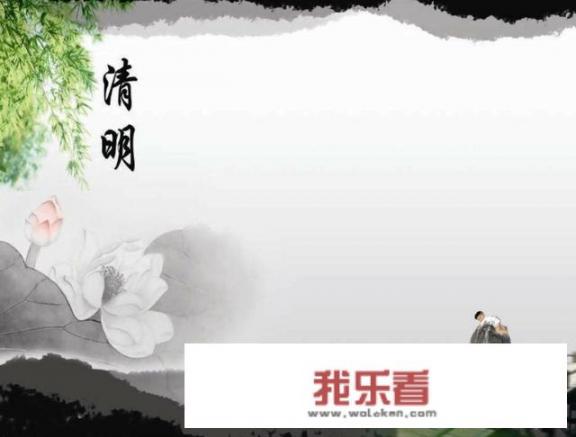用英文介绍清明节?

"Influenced by the cold food festival that he was named for, the Qingming Festival originated from the Chong'er's devotion towards his loyal servant, Zhu Zitui, during the Han Dynasty. During this period, the festival served as a tribute to a fallen warrior named Jie Zitui, whose unwavering loyalty had served him well throughout his time of exile. For as Duke Wen reignited as emperor, Jie recognized his services were no longer necessary and left the capital without further notice. However, upon Duke Wen's sudden departure, Jie ventured deep into the forest where he was accompanied by his mother. On the day he was honored, Duke Wen's men razed the forest in an attempt to make Jie leave. But in the aftermath, both Jie and his mother were burned alive, marking the occasion as a tragic loss for Duke Wen. To express their grief, the people of the region constructed a magnificent tombstone in place of the once lush forest, which bears the name of Jiexiu (literally translated as "Jie's Rest"). In terms of literary representation, Du Mu's poem "Qingming" is often cited as one of the most poignant works about the Qingming Festival. Its vivid imagery paints a stark picture of the grave site, emphasizing the sorrowful悼念 over the untimely loss of a loved one. In this poem, Du Mu uses phrases such as "qingtuan," "green dumplings," and "red soil," evoking the flavors, shapes, and colors of the traditional Chinese delicacy. Additionally, Du Mu incorporates historical events and personal anecdotes into the narrative, highlighting the cyclical nature of life and death and the resilience of the human spirit. In conclusion, the Qingming Festival, or Tomb-Sweeping Day in English, is a cherished tradition celebrated in China on the 1st day of the fifth solar term of the lunar calendar. Originating from the cold food festival of Chong'er, this holiday commemorates the sacrifice of Jie Zitui to serve Duke Wen during his time of exile. As a testament to his devotion and the enduring legacy of loyalty, the famous poet Du Mu's poem "Qingming" serves as a powerful reflection of the emotions and memories associated with this significant cultural event. Through its various aspects, including its culinary traditions, historical roots, and literary expression, the Qingming Festival continues to hold a profound significance and resonates with generations of Chinese people.
